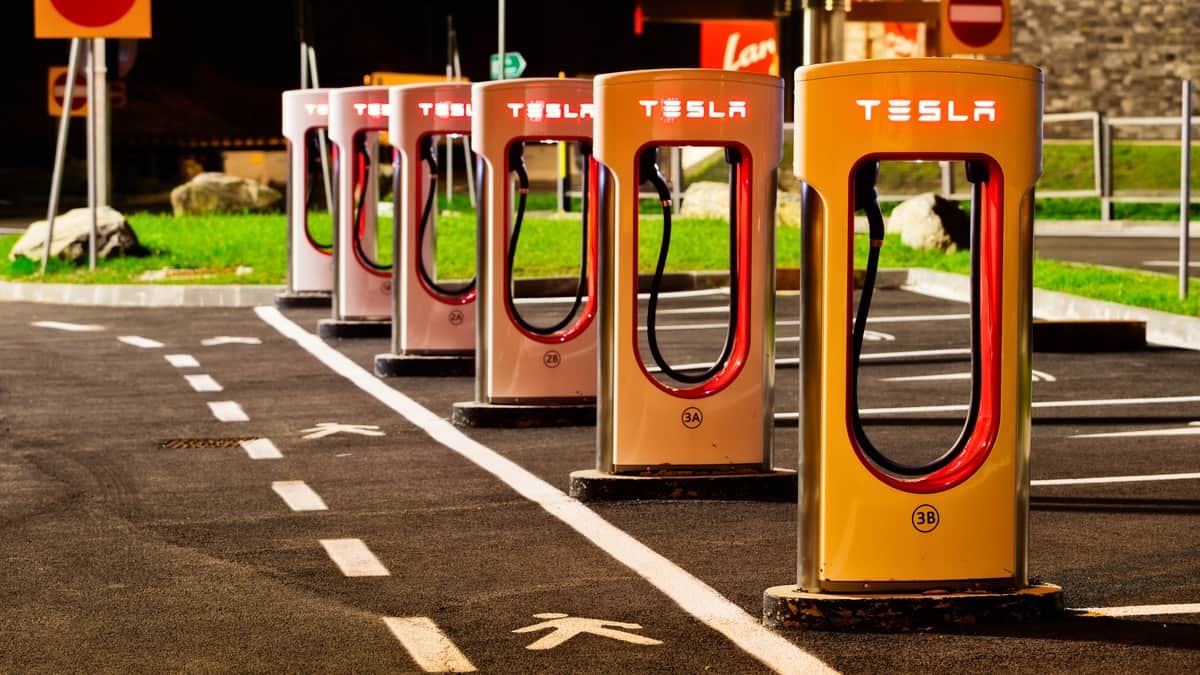Electric Vehicle Smart Charging Action Plan
A historic plan to maximize the benefits of intelligent electric vehicle charging will enable EV drivers in the UK to enjoy lower energy costs and less expensive transportation.
The Electric Vehicle Smart Charging Action Plan outlines steps to take advantage of intelligent charging’s significant potential and make it the preferred method of long-term charging by 2025.
As a result of intelligent charging, consumers can charge their electric vehicles when electricity is more affordable or environmentally friendly, power their homes with the electricity stored in their cars, or even sell the extra electricity back to the grid for profit.
Smart charging has the potential to deliver significant benefits for consumers. Smartphone charging is anticipated to enable high-mileage drivers to save up to £1,000 annually.
£16 million funding from NZIP
The government has also announced £16 million in funding from the Net Zero Innovation Portfolio (NZIP) for technologies that take advantage of intelligent charging, such as a bright street lamppost that will allow drivers to access smart charging while on the go and projects that will allow domestic appliances, like heat pumps, electric vehicle charge points, and batteries, to integrate into a more innovative energy system.
The strategy builds on significant government initiatives to promote intelligent and flexible electric vehicle charging.
In addition to consulting on a new policy and technical framework to unlock the advantages of domestic intelligence, loose energy, and improve cybersecurity, the UK has mandated that all new charge points sold for private use beginning in July 2022 have smart functionality.
Through the initiative, the government will enhance publicly accessible data and proof regarding smart charging, support the adoption of strict consumer service standards, and guarantee that private charge points are safe and compatible with the most recent energy innovations.
The efficiency of Smart charging
All consumers will benefit from the implementation of intelligent and automated smart charging. Prices will be lower for everyone due to lower electricity system costs, and drivers will pay less to charge their electric cars thanks to cleaner and greener electricity.
Smarter charging delays the power demand from EVs at peak times, such as 4 to 9 p.m. on winter evenings, which can save an average driver up to £200 and a high mileage driver up to £1000 a year, depending on the tariff, mileage, and charging patterns. The technology could aid in lowering electricity prices for users across the network by effectively balancing when generated energy and used on the electricity grid.
By 2025, smart charging will be standard practice at home and work if the Action Plan’s recommendations are implemented. The goal is for intelligent charging to be more prevalent in late 2020 at long-duration public charging locations like on-street or transportation hubs.

